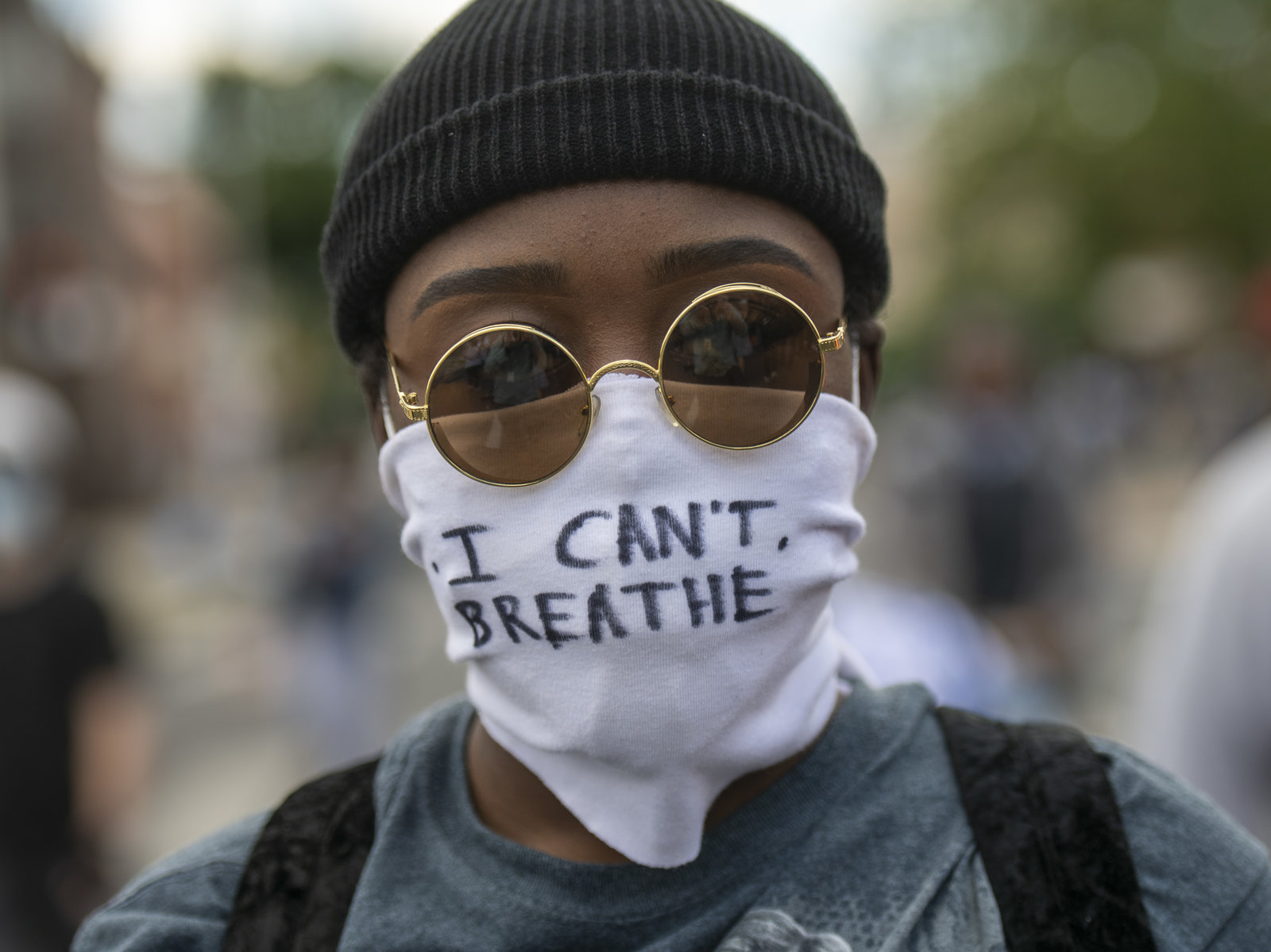Protesting Racism Versus Risking COVID-19: 'I Wouldn't Weigh These Crises Separately'
Mass protests that have erupted over police brutality toward black people in America are raising concerns about the risk of spreading the coronavirus. But some health experts, even as they urge caution, said they support the demonstrations - because racism also poses a dire health threat.
Over the past week, protests over police brutality and racial injustice have erupted nationwide, and many are concerned about the risk of spreading the coronavirus at these protests. Some health experts, however, have expressed support for these demonstrations, because racism also poses a dire health threat. These mass protests are the largest public gatherings in the United States since the pandemic forced widespread lockdowns. In order to lower the risk of transmission at these protests, health experts have urged protesters not to sing and shout and stay as far away from others as possible. Washington, D.C., Mayor Muriel Bowser said she's worried about how consecutive days of protests could trigger an influx of COVID-19 cases. But the risks of congregating during a global pandemic shouldn't keep people from protesting racism, according to dozens of public health and disease experts who signed an open letter in support of the protests. "White supremacy is a lethal public health issue that predates and contributes to COVID-19," the letter said.



